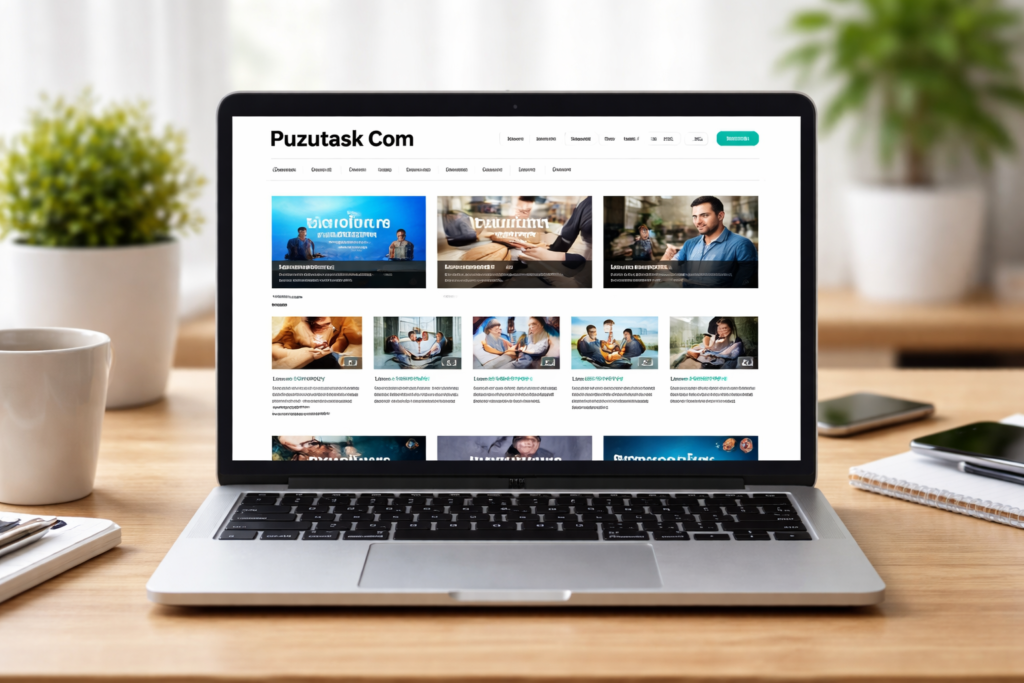How Can I Verify Employment for Remote or Freelance Workers?

In today’s rapidly evolving workforce, more people are embracing remote and freelance work opportunities. Whether you are a business owner, hiring manager, or client, verifying the employment status of remote or freelance workers is crucial for ensuring reliability, trust, and professionalism. This article offers a comprehensive guide on how to verify employment for remote and freelance workers effectively.
Why Verifying Employment Matters
Verifying employment for remote or freelance workers goes beyond ensuring they have the necessary qualifications and skills for the job. It helps protect you from potential fraud, confirms that workers are legitimate professionals, and ensures that you are compliant with tax and labor laws.
Key Steps to Verify Employment for Remote or Freelance Workers
1. Request a Detailed Work History
Start by asking the remote or freelance worker for a detailed work history, including past clients, projects, roles, and dates of employment. This will allow you to assess their experience, expertise, and reliability.
- What to look for:
- Relevance of previous projects to the job you are hiring for
- Duration of past engagements
- Specific tasks and achievements
2. Check Professional References
Just as you would with traditional employees, checking references for remote and freelance workers can provide insight into their work ethic, reliability, and performance. Reach out to previous employers, clients, or colleagues and ask about their experiences working with the individual.
- What to ask references:
- How long they worked with the individual
- Quality and timeliness of work
- Communication skills, especially in remote settings
- Ability to meet deadlines
3. Verify Identity and Credentials
Since remote workers aren’t physically present in your office, it’s essential to verify their identity and credentials to ensure they are who they say they are.
- How to verify identity:
- Ask for a government-issued ID or other forms of identification.
- Verify credentials and certifications through professional associations or online databases.
4. Use Online Platforms and Job Boards
Many remote and freelance workers are listed on reputable online platforms like Upwork, Fiverr, and LinkedIn, which offer a wealth of information about their previous work, client reviews, and ratings. These platforms can help verify the worker’s employment history.
- What to check:
- Client feedback and ratings
- The number of completed projects
- The consistency of their work history
5. Conduct a Skills Test or Trial Period
One effective way to verify the capabilities of remote or freelance workers is to offer them a small, paid test project or trial period. This allows you to assess their skills, punctuality, and ability to meet deadlines firsthand.
- What to assess:
- Quality of work
- Ability to follow instructions
- Timeliness and communication
6. Request Contracts and Invoices
Freelancers and remote workers should maintain a formal record of their engagements. Requesting contracts, agreements, and invoices from their past clients can help validate their work history. Contracts can confirm their role, job scope, and payment terms, while invoices serve as proof of work completed and compensation received.
- What to look for:
- Clear terms of employment and deliverables
- Consistency with their stated work history
- Professionalism in communication and documentation
7. Use Verification Services
For more formal verification, you can also utilize third-party verification services that specialize in confirming employment and professional background checks. These services can authenticate past employment and confirm the legitimacy of the worker’s claims, including providing an employment verification letter to verify job details.
- Benefits:
- Professional background checks on remote workers
- Verification of previous employers, job titles, and durations
- Cross-checking of criminal records, if necessary
Legal and Compliance Considerations
When verifying employment for remote or freelance workers, it’s crucial to comply with local, state, and international employment laws, especially if you’re hiring from different countries. Ensure that any background checks or personal information requests comply with data privacy regulations like GDPR (in Europe) or CCPA (in California).
Read Also: Revolutionizing Digital Investment and Business Solutions
Conclusion
Verifying the employment status of remote or freelance workers doesn’t have to be a daunting task. By following the steps outlined above, you can ensure that you’re hiring qualified, reliable professionals who will meet your expectations. It’s essential to take the time to verify their work history, references, identity, and credentials, all while maintaining transparency and respect for their privacy. With the right approach, you can confidently build a successful team, no matter where your workers are located.
Remember, a thorough verification process leads to better, more trusted partnerships—whether you’re a client or a business owner.

Curtain Dry Cleaning and Leather Sofa Cleaning – Reliable Care by Duo Nini

Brian Ferdinand of EverForward Trading Joins Forbes Finance Council, Expanding His Voice on Markets and Risk

Get Any Company Objectives or News of rox.com

How Technology Is Changing Addiction Recovery in the Digital Age.

Our First Winter Trip to Aspen — And the Decision That Made It Stress-Free

How Technology Is Changing Addiction Recovery in the Digital Age.

Puzutask Com: Complete Guide, Reviews, and Login Information

Solve SMD Diodes Sourcing with Utsource's Bulk Options








